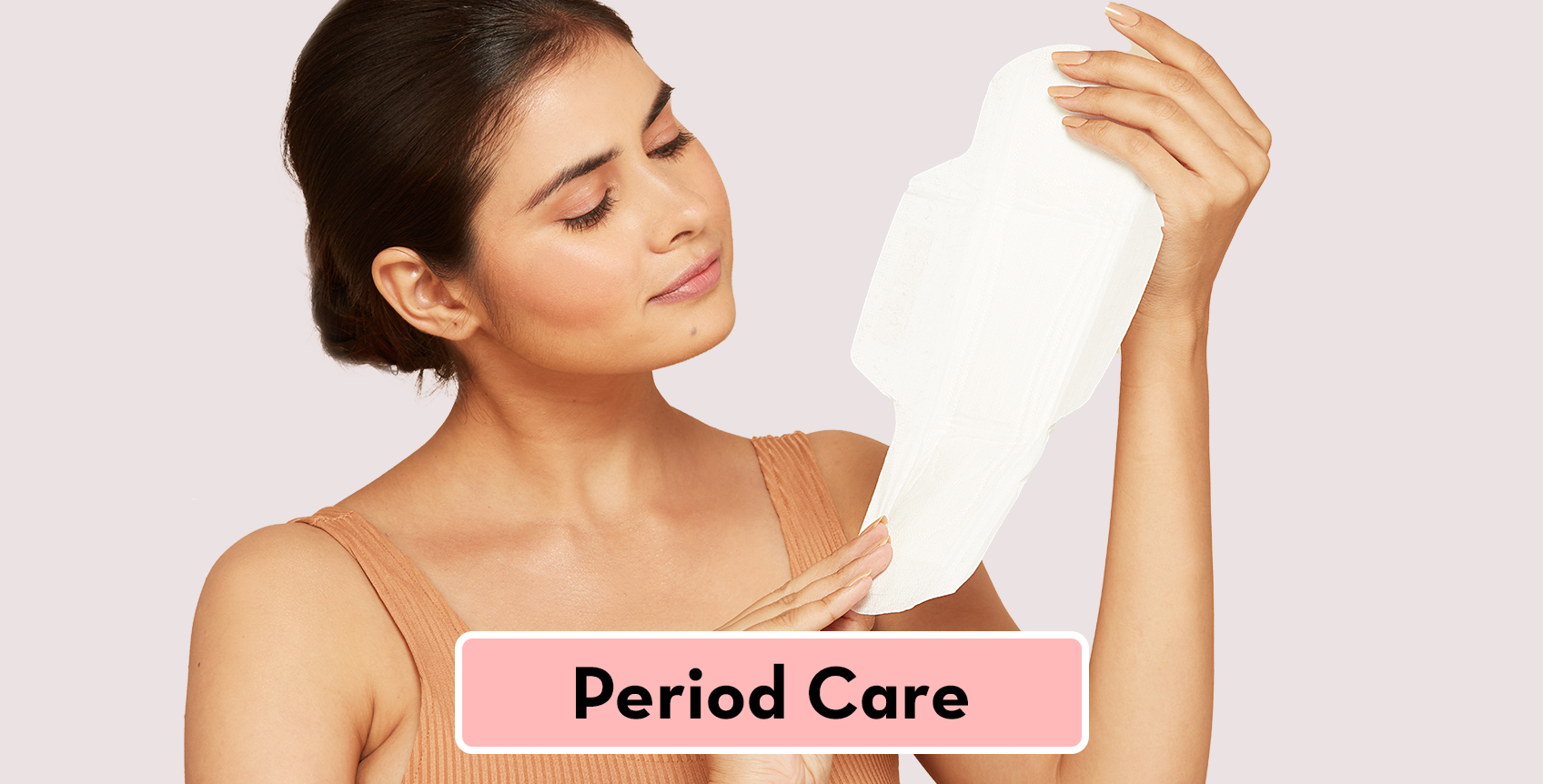What You Should Know About Your Pap Smear Test
When it comes to health check-ups, the Pap smear test often stands out as a topic of discussion, especially among women. If you're unfamiliar with it or just a bit hesitant about the whole process, don't worry! We're here to break it down for you in simple terms!
What is a Pap Smear Test?
A Pap smear, also known as a Pap test, is a procedure that helps detect abnormal cells in the cervix, which is the lower part of the uterus. It's an important test for preventing cervical cancer and ensuring overall reproductive health.

Why is it Important?
The main goal of a Pap smear is to detect any potentially precancerous or cancerous cells in your cervix. Treatment and results can significantly change with early detection. It's like catching a tiny crack in your windshield before it spreads and becomes a major issue. Plus, regular Pap smears can give you peace of mind, knowing that you're keeping an eye on your health. Understanding the importance of the HPV vaccine can further help in preventing the types of HPV that cause nearly all cervical cancer cases
Who Should Get a Pap Smear?
Most healthcare providers recommend that women start getting Pap smears at age 21 and continue every three years if results are normal. If you're over 30 and have had three consecutive normal Pap tests, you might switch to every five years, often combined with HPV (human papillomavirus) testing. It's like your health report card – the better your grades, the less often you need to be checked!
Preparing for Your Pap Smear
To get the most accurate results, try to follow these guidelines before your test:
- Plan your Pap smear for a time when you're not menstruating.
- Avoid intercourse, douching, or using any vaginal medicines or spermicidal products 48 hours before the test.
Think of it as prepping for a big interview – you want to put your best foot (or cervix) forward!
What Happens During the Test?
Here's the part that might make you a little nervous, but it's really not so bad. You will lie on an examination table with your feet in stirrups for the Pap smear. Your doctor will gently open your vaginal walls with a speculum and use a small brush or spatula to remove a sample of cells from your cervix. And while it might feel a bit uncomfortable or awkward, it's over before you know it.
Does It Hurt?
The million-dollar question: does it hurt? Most women report feeling only mild discomfort or a slight pinch during the test. It's definitely not a day at the spa, but it's usually not too painful either. Think of it as a quick, weird, but necessary step in keeping your body healthy.
What Do the Results Mean?
After your Pap smear, the collected cells are sent to a lab for analysis. Your results will come back as normal, unclear, or abnormal.
- Normal: Great news! No abnormal cells were found. Keep up with your regular screening schedule.
- Unclear: Sometimes, cells can't be clearly identified, which means you might need further testing.
- Abnormal: This doesn't mean you have cancer. It means there are some unusual cells that need to be monitored or treated.
Common Myths and Facts
Let's debunk a few myths:
- Myth: "I don't need a Pap smear because I'm not sexually active."
- Fact: Cervical cancer can still occur in those who do not engage in sexual activity. It's essential to screen regularly.
- Myth: "I had the HPV vaccine, so I don't need Pap smears."
- Fact: The HPV vaccine offers protection against a majority of HPV strains, but not all of them. Pap tests are still required.
- Myth: "Pap smears are only for older women."
- Fact: Around the age of 21, women should start getting Pap smears, regardless of their sexual habits.

Final Thoughts
For women's health, routine Pap screenings are essential. They're quick, relatively painless, and incredibly important for early detection of cervical cancer. So, don't skip that appointment. Your future self will thank you! Remember, taking care of your health isn't just about reacting to problems – it's about preventing them. So, grab that calendar and schedule your Pap smear today.
Leave a Message
This site is protected by reCAPTCHA and the Google Privacy Policy & Terms of Service apply.





